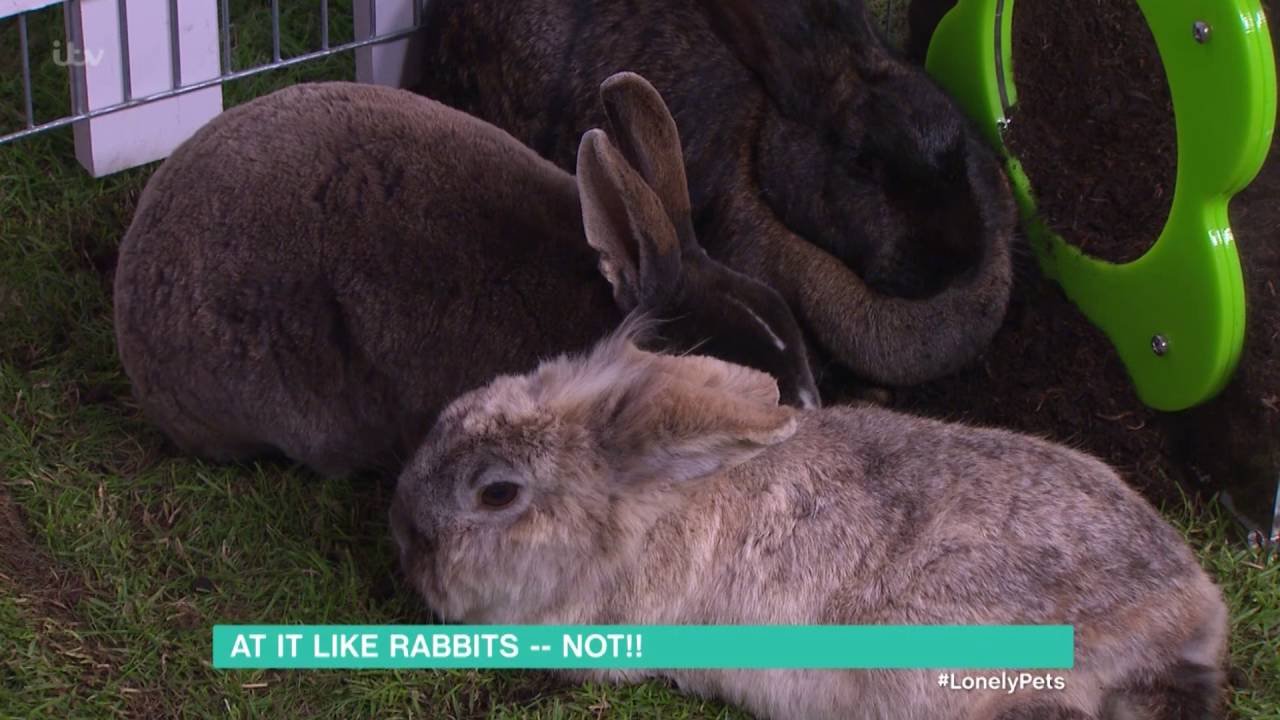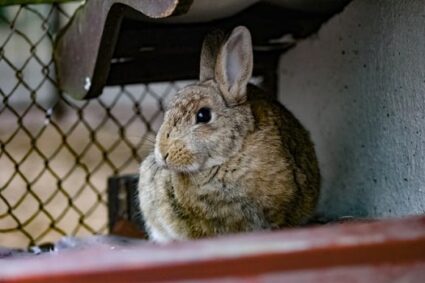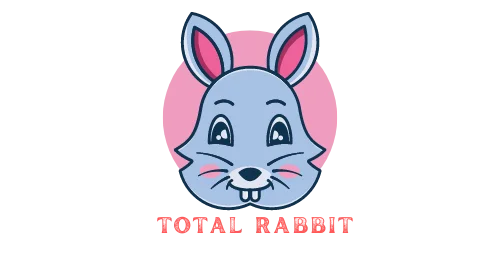Recognizing Depression in Rabbits

Rabbits are often thought of as low-maintenance pets, but they can actually be quite delicate. One area in which this is particularly true is in their mental health. Like other animals, rabbits can suffer from depression, and it’s important for owners to be able to recognize the signs so they can help their furry friend feel better.
One of the most common signs of depression in rabbits is a change in eating habits. If your rabbit suddenly stops eating or starts losing weight, it could be a sign that something is wrong. Another physical symptom to look out for is lethargy; if your usually active rabbit suddenly seems tired all the time, it may be depressed.
Behavioral changes are also common in depressed rabbits. They may become withdrawn and stop playing or interacting with you as much as they used to. In extreme cases, some rabbits may even start self-harming by pulling out their own fur or biting themselves.
If you notice any of these changes in your rabbit’s behavior or appearance, it’s important to take them to the vet right away. Depression is a serious condition that can lead to other problems if left untreated, so getting professional help is essential.
Depression is a serious medical condition that can affect rabbits. While depression in rabbits can be difficult to recognize, there are some signs that may indicate your rabbit is depressed. These include a decrease in appetite, weight loss, lethargy, and changes in behavior.
If you notice any of these signs in your rabbit, it’s important to take them to the vet for an evaluation.

Credit: www.rabbitcaretips.com
How Can I Tell If My Rabbit is Depressed?
Rabbits are social creatures that need companionship to thrive. Without a buddy, rabbits can become bored, lonely, and depressed. If your rabbit is showing any of the following signs, he may be depressed and in need of some extra love and attention:
1. Loss of interest in food or water. A depressed rabbit may lose his appetite and stop eating altogether. He may also drink less water than usual.
2. Lack of grooming. A happy rabbit will usually keep himself clean by regularly grooming himself with his tongue. If your rabbit stops grooming himself, it could be a sign that he’s depressed.
3.*Hiding away.* Depressed rabbits often hide themselves away from the world in their hutch or cage. If your bunny is spending more time hiding than usual, it’s a sign that something’s wrong.
4.*Changes in sleep patterns.* Rabbits are most active at dawn and dusk, but they’ll usually take a nap or two during the day as well. If your rabbit starts sleeping more during the day or becomes nocturnal, it could be a sign of depression.
Do Bunnies Get Depressed by Themselves?
No, bunnies do not get depressed by themselves. However, they can become anxious or lonely if they are left alone for extended periods of time. Bunnies are social animals and need interaction with their owner or another bunny friend to stay happy.
How Do I Know If My Rabbit is in Distress?
It’s important to be able to tell if your rabbit is in distress, as this can help you to address any health concerns they may have. There are a few key signs to look out for which can indicate that your rabbit is not feeling well:
1. lethargy and unwillingness to move around
2. loss of appetite and weight loss
3. excessive grooming or self-mutilation
4. changes in urination or defecation habits
5. behavioural changes such as increased aggression or withdrawal from social interaction.
If you notice any of these signs, it’s important to take your rabbit to see a vet as soon as possible so that they can receive the appropriate treatment.
Recognizing Depression in Rabbits (and what to do about it)
Conclusion
Depression in rabbits is often under-diagnosed because their symptoms can be subtle and easily attributed to other health problems. However, depression is a real condition that rabbits can suffer from, and it should be taken seriously.
The most common symptom of depression in rabbits is a change in eating habits.
A depressed rabbit may stop eating altogether, or they may start overeating. Other signs include changes in sleeping patterns, grooming habits, and energy levels. A depressed rabbit may also seem withdrawn or uninterested in their surroundings.
If you think your rabbit may be depressed, it’s important to take them to the vet for a check-up. Depression is often caused by an underlying medical condition, so it’s important to rule that out first. If your rabbit is healthy but still showing signs of depression, there are some things you can do to help them feel better.
These include providing them with plenty of enrichment (toys, playtime, etc.), making sure they have a good diet, and getting them involved in social activities like group playdates or Rabbit Agility classes.
